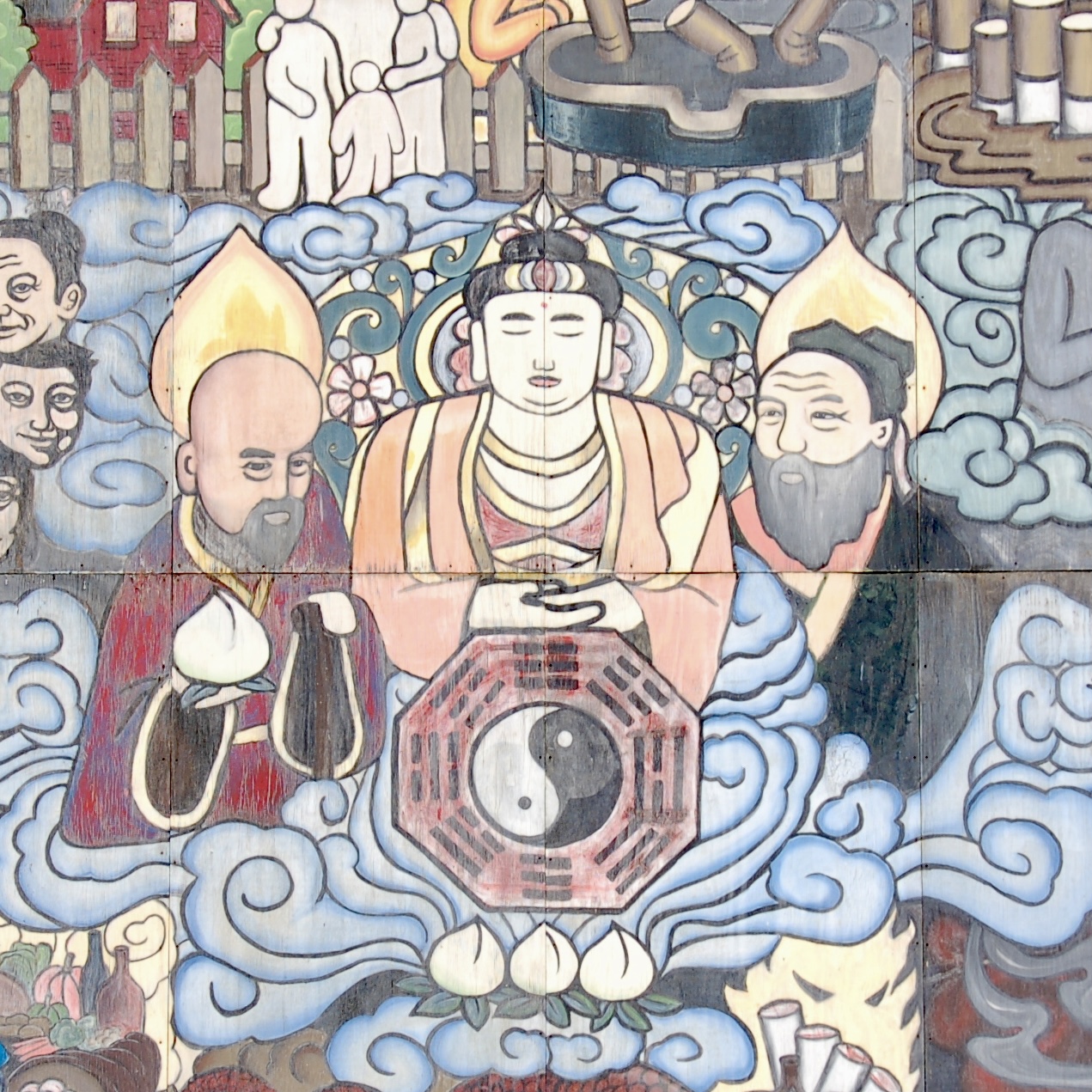
The Divided Brain and the Sense of the Sacred
Public Group
Public Group
Active 2 weeks ago
Though I am agnostic in regard to the Christian creeds I am aware of I’ve always felt connected to... View more
Public Group
Group Description
Though I am agnostic in regard to the Christian creeds I am aware of I’ve always felt connected to something more. My evidence is the power of reflection to repay us with insight and inspiration. If those those imaginal, intuitive gifts are not the result of my own brainstorming, research or deliberation then they are the product of something more than my arbitrary choice. But of course Iain has been thinking about this longer and with much more study. I’m was happy to come across this video recently of a Zoom conversation sponsored by the Theos Think Tank. It is lightening quick and must have been a difficult departure for him from his usual careful, thorough approach. Naturally I want to read that chapter slowly some day but my hope is that this might open a door for more people get a sense of what he has to offer. While I’m not a Christian I am fond of quite a few thoughtful ones I know online. I have thoughts about how it should be possible to be a professing Christian and appreciate the insights of the divided brain hypothesis.
Reply To: The Sense of the Sacred Worldwide
-
Thanks Don. I did get this notification and I am being sure to request notification now.
You said:
“just one thought – something beyond BOTH hemispheres, I think.”
I agree there is ‘something’ more but I balk at describing what it is as being beyond or apart from what we are; though it may well be, I don’t start off assuming that. The part I concern myself with is the experiences we can have directly apart from any wisdom tradition. Many atheists online seem to assume religion arose to explain ordinary phenomena, a primitive attempt at science. But I don’t think that is it at all. God belief, I suspect, arose to make sense of awe and wonder, particularly in relation to the seasons, fertility and mortality. I tell my Christian friends I believe that religion arose to provide a shared, cultural basis for this understanding. So whatever it may be, it is real, dynamic and important. Seeking proofs for or against what one thinks it is is beside the point. One might as well argue that love and reverence are merely by products of our biochemistry, as if such a conclusion could be of any use in how we live our lives.
The particulars which make up the forms God assumes in any culture, I assume, have evolved to provide a context for the sacred. No particular carrier is explicitly wrong or right apart from its adequacy to carry and transmit a proper regard for the sacred. That is necessary because the sacred must always compete with what is useful and expedient to our immediate concerns and for much of our human tenure subsistence was job number one. Paradoxically our success (virulence) as a species has depended on our capacity to sublimate our inclination to act for our immediate private advantage to acting for the greater good. Culturally we have evolved to viscerally feel our meaning and fulfillment tied into the greater good.
In passing judgement on the forms the sacred has taken, it is important to look with a poetic eye, what the American Jungian Hillman would have described as “in an as-if” manner. Every literalization of God inadvertently diminishes it. Christians personify God because we have no mundane category that is higher by which to exalt it. But any way it is expressed will leave it open to ridicule by those who have no need or regard for anything sacred. It is always possible to live a life exclusively concerned with what is instrumentally focused on personal advantage no matter how devoid of meaning and and fulfillment that is for our humanity. But doing so will never satisfy so long as we believe there is something greater which can inform how we see our place in the world. Only then can we cheerfully take on our roles as emissary.
You said:
“There’s a beautiful word in Sanskrit, “shraddha,” which is sometimes translated as “faith.” Sri Aurobindo poetically describes it as “the light of the yet uprisen sun.”
That is, it is intimations shining forth from the depths of the Kingdom of Heaven within (from the Buddha Nature, the Tao, Allah; whatever word you wish to use).”
If that carries your sacred water, wonderful. I agree the choice of words doesn’t matter and neither does the iconography or narrative- apart from its representational adequacy. The proof is in the pudding, not quasi logical wordplay intended to win new adherents to one’s preferred vessel. (Not that I see you as selling yours but of course Christianity is often obsessed with its “Great Commission”. The more thoughtful Christians will take this seriously. Recently I read an interesting book by Myron Penner entitled The End Of Apologetics which we discussed here:
You said:
“My sense is just the way we all here have been responding to TMWT goes beyond LH AND RH – it is something that has touched our souls, thirsty for nourishment in this dry materialist desert of a world.just one thought – something beyond BOTH hemispheres, .. “
Yes. I don’t think any of us here think that the soul or the sacred is reducible to brain lateralization but it has been a godsend as a basis for our narrow focused minds to grasp how the sacred and the secular can peacefully and productively cohabitate and help us to accept a sanity preserving perspective on our place in the world.
You said:
“From what little I know of orthodox Christian theology, this may have been the original meaning of faith but it has been corrupted in the modern, heavily LH age to mean mental belief.”
Right, what Iain describes as cognitive assent in that lengthy quote I included in my last reply.
